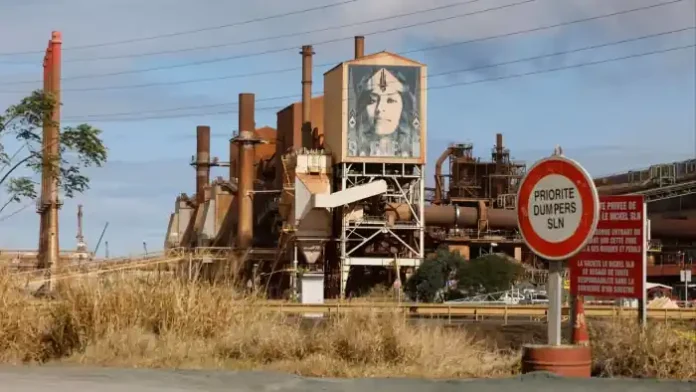
Dunkirk, France — Eramet, the French mining and metallurgy company, has announced the suspension of its ReLieVe project, which aimed to establish two facilities in Dunkirk for recycling materials from used electric vehicle (EV) batteries.
This decision, communicated on Thursday, marks another setback for the European battery value chain, following similar halts from Stellantis and Orano within the past month.
The ReLieVe initiative was designed to separate valuable minerals from the black powder produced during the processing of spent EV batteries.
While France reported record sales of electric and hybrid vehicles in 2023, the overall demand across Europe has recently softened, with many consumers opting for more affordable alternatives from Chinese manufacturers.
Eramet’s executive vice president, Geoff Streeton, commented on the challenges facing the European battery market, stating, “The electric vehicle battery value chain in Europe is having a difficult start.”
He highlighted the slow development of local battery factories, which has hindered the company’s ability to secure essential raw materials for its recycling operations.
Eramet had anticipated sourcing materials from by-products of newly constructed battery factories in northern France. However, despite governmental efforts aimed at reindustrializing the French economy, the sector is experiencing multiple setbacks.
Notably, Sweden’s NorthVolt has recently downsized its workforce and is curtailing operations, while ACC, a collaboration between TotalEnergies, Mercedes-Benz, and Stellantis, has put additional expansion plans on hold after launching a “gigafactory” in northern France last June.
Eramet’s CEO, Christel Bories, expressed frustration over the ongoing delays, citing a lack of confirmed projects for cathode precursors—critical components for battery manufacturing—in Europe.
She stated, “Many postponements of projects in the battery value chain” are occurring, primarily because metals such as nickel, cobalt, and lithium need to undergo chemical transformation before being utilized in battery production.
Without local processing capabilities, exporting these materials to Asia for refinement would render the project economically unfeasible.
Amidst these challenges, Eramet is redirecting its focus to its lithium project in Argentina. The company recently announced plans to buy out Chinese group Tsingshan’s 49.9 percent stake in the Centenario lithium mine project for $700 million.
Despite a decline in lithium prices, Bories maintained that the Centenario project remains viable, with production set to commence in the coming weeks.
Once fully operational, the mine is projected to yield 24,000 tonnes of lithium carbonate annually—enough to power approximately 600,000 electric vehicles.
While Eramet grapples with uncertainties in the French battery market, its partner in the ReLieVe initiative, Suez, confirmed its commitment to advancing plans for a separate facility near Paris dedicated to the breakdown of used car batteries.
As the European battery sector navigates these turbulent waters, stakeholders remain hopeful for a turnaround that could reinvigorate investment and growth in the EV supply chain.
This article was created using automation technology and was thoroughly edited and fact-checked by one of our editorial staff members